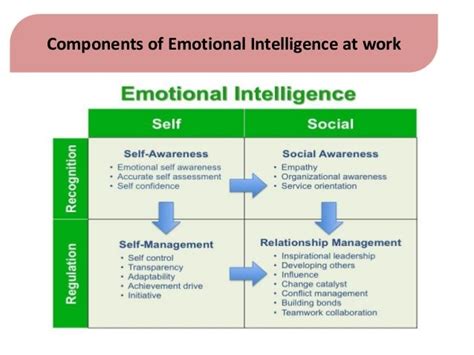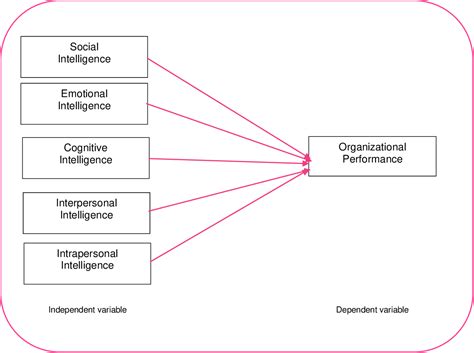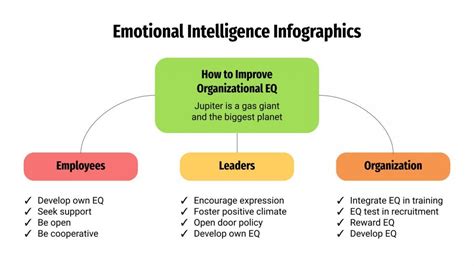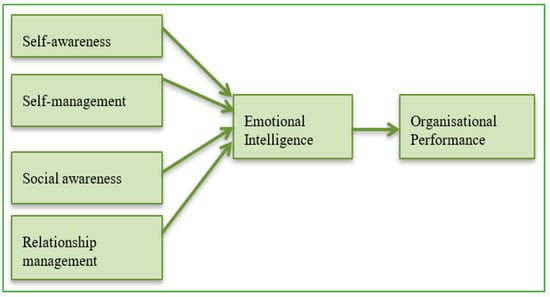Daniel Goleman’s Emotional Intelligence theory has become a cornerstone in understanding what sets great leaders apart from the rest. In a world where technical skills are often emphasized, Goleman’s work highlights the importance of emotional intelligence (EI) in leadership roles. His theory, which encompasses self-awareness, self-regulation, motivation, empathy, and social skills, offers a framework for leaders to enhance their effectiveness by understanding and managing their own emotions, as well as those of others. This article delves into how Goleman’s Emotional Intelligence theory transforms leadership, exploring its core components, its impact on leadership effectiveness, and practical ways to develop these skills for long-term organizational success.
Join rosawblog.com for a detailed examination of this topic.
1. Overview of Daniel Goleman’s Emotional Intelligence theory and its components.
Daniel Goleman’s Emotional Intelligence theory, introduced in his groundbreaking book Emotional Intelligence, redefined the qualities of effective leadership. At the heart of this theory are five key components: self-awareness, self-regulation, motivation, empathy, and social skills.
Self-awareness involves understanding one’s emotions, strengths, and weaknesses, which allows leaders to make better decisions and foster authentic relationships. Self-regulation is the ability to manage and control emotions, leading to thoughtful responses rather than impulsive reactions. Motivation goes beyond external rewards, driving leaders to achieve goals with passion and persistence.
Empathy, a critical component, enables leaders to understand and connect with others’ emotions, fostering trust and collaboration. Social skills involve the ability to manage relationships and build networks, essential for effective communication and leadership.
Goleman argues that these components, when developed and integrated, enhance a leader’s ability to inspire, influence, and guide their teams, making emotional intelligence as crucial as intellectual prowess in leadership roles.

2. The impact of emotional intelligence on effective leadership.
Emotional intelligence (EI) profoundly impacts leadership effectiveness, differentiating exceptional leaders from those who struggle to connect with their teams. Leaders with high emotional intelligence can navigate complex interpersonal dynamics, fostering a positive work environment that enhances productivity and morale.
One key impact of EI on leadership is the ability to manage and inspire teams through empathy and understanding. Leaders who recognize and address the emotional needs of their team members can build stronger relationships, resulting in higher trust and loyalty. This connection allows for better communication, reducing conflicts and misunderstandings that can hinder progress.
Additionally, emotionally intelligent leaders are adept at managing stress and making sound decisions under pressure. By regulating their emotions, they maintain clarity and focus, setting an example for their teams to remain composed during challenges. Their motivation and resilience also inspire others to strive for excellence.
Moreover, EI contributes to effective change management. Leaders who can empathize with the concerns of their teams during transitions are more likely to gain buy-in and support for new initiatives. In sum, emotional intelligence enhances a leader’s ability to connect, inspire, and drive success within an organization.

3. Real-world examples of leaders who embody Goleman’s principles.
Several renowned leaders exemplify Daniel Goleman’s principles of emotional intelligence, demonstrating how EI can drive exceptional leadership. One notable example is Satya Nadella, CEO of Microsoft. Under his leadership, Microsoft experienced a cultural transformation, shifting from a “know-it-all” to a “learn-it-all” mindset. Nadella’s emphasis on empathy, a key component of emotional intelligence, has fostered a more inclusive and innovative work environment. His ability to connect with employees on a personal level and encourage open communication has been pivotal in Microsoft’s recent successes.
Another example is Oprah Winfrey, whose leadership is deeply rooted in emotional intelligence. Winfrey’s self-awareness and empathy have enabled her to connect with audiences and build a media empire. Her ability to understand and share the emotions of others has made her a trusted and influential figure, both in her professional and philanthropic endeavors.
Indra Nooyi, former CEO of PepsiCo, also embodies Goleman’s EI principles. Known for her self-regulation and motivational leadership style, Nooyi led PepsiCo through significant growth while maintaining a strong focus on sustainability and social responsibility. Her approach to leadership, characterized by empathy and strategic vision, reflects the profound impact of emotional intelligence on effective leadership.

4. Techniques for developing emotional intelligence in leadership roles.
Developing emotional intelligence in leadership roles involves intentional practices that enhance self-awareness, empathy, and interpersonal skills. One effective technique is mindfulness, which encourages leaders to become more aware of their emotions and reactions. Regular mindfulness practices, such as meditation, help leaders stay grounded and respond thoughtfully rather than react impulsively.
Another technique is seeking feedback from peers and team members. Constructive feedback provides insights into how others perceive a leader’s emotional responses and interaction styles, highlighting areas for improvement. Leaders can also engage in active listening exercises, focusing on understanding others’ perspectives without judgment, which strengthens empathy and communication.
Additionally, leaders can benefit from emotional intelligence coaching or workshops that offer structured opportunities to develop EI skills. These programs often include role-playing scenarios that challenge leaders to manage emotions in high-pressure situations, improving their ability to regulate emotions and make sound decisions.
Finally, setting personal goals for EI development, such as practicing empathy in daily interactions or enhancing social skills through networking, helps leaders integrate emotional intelligence into their leadership style, leading to more effective and compassionate leadership.
5. The long-term benefits of emotional intelligence for organizational success.
The long-term benefits of emotional intelligence for organizational success are profound and far-reaching. Leaders who consistently demonstrate high emotional intelligence foster a positive workplace culture where employees feel valued and understood. This environment enhances employee engagement, leading to higher productivity, lower turnover, and a stronger commitment to organizational goals.
Moreover, emotionally intelligent leaders are better equipped to navigate challenges and changes within the organization. Their ability to manage stress, communicate effectively, and build strong relationships enables them to lead teams through transitions with resilience and confidence. This adaptability is crucial for sustaining growth and innovation in a competitive market.
In the long run, organizations led by emotionally intelligent leaders are more likely to achieve sustainable success. By prioritizing emotional intelligence, these leaders create a culture of trust, collaboration, and continuous improvement, driving not only the success of their teams but also the overall success of the organization.
Daniel Goleman’s Emotional Intelligence theory offers a transformative approach to leadership, highlighting the importance of self-awareness, empathy, and effective interpersonal skills. Leaders who develop and embody these principles are better equipped to inspire their teams, manage challenges, and foster a positive organizational culture. By integrating emotional intelligence into their leadership style, they not only enhance their effectiveness but also contribute to the long-term success of their organizations. Embracing emotional intelligence is essential for leaders aiming to make a lasting impact in today’s dynamic business environment.
rosawblog.com
